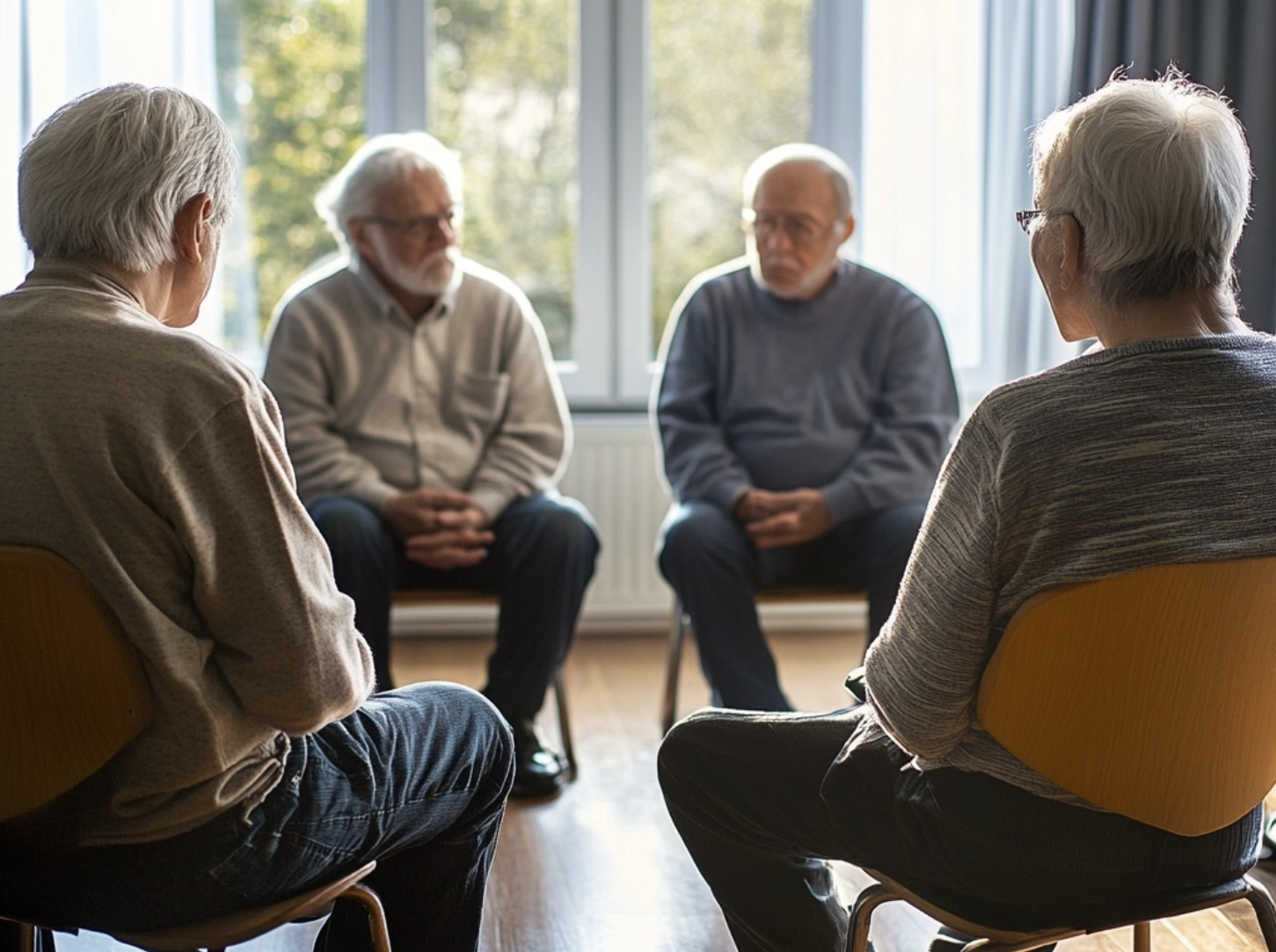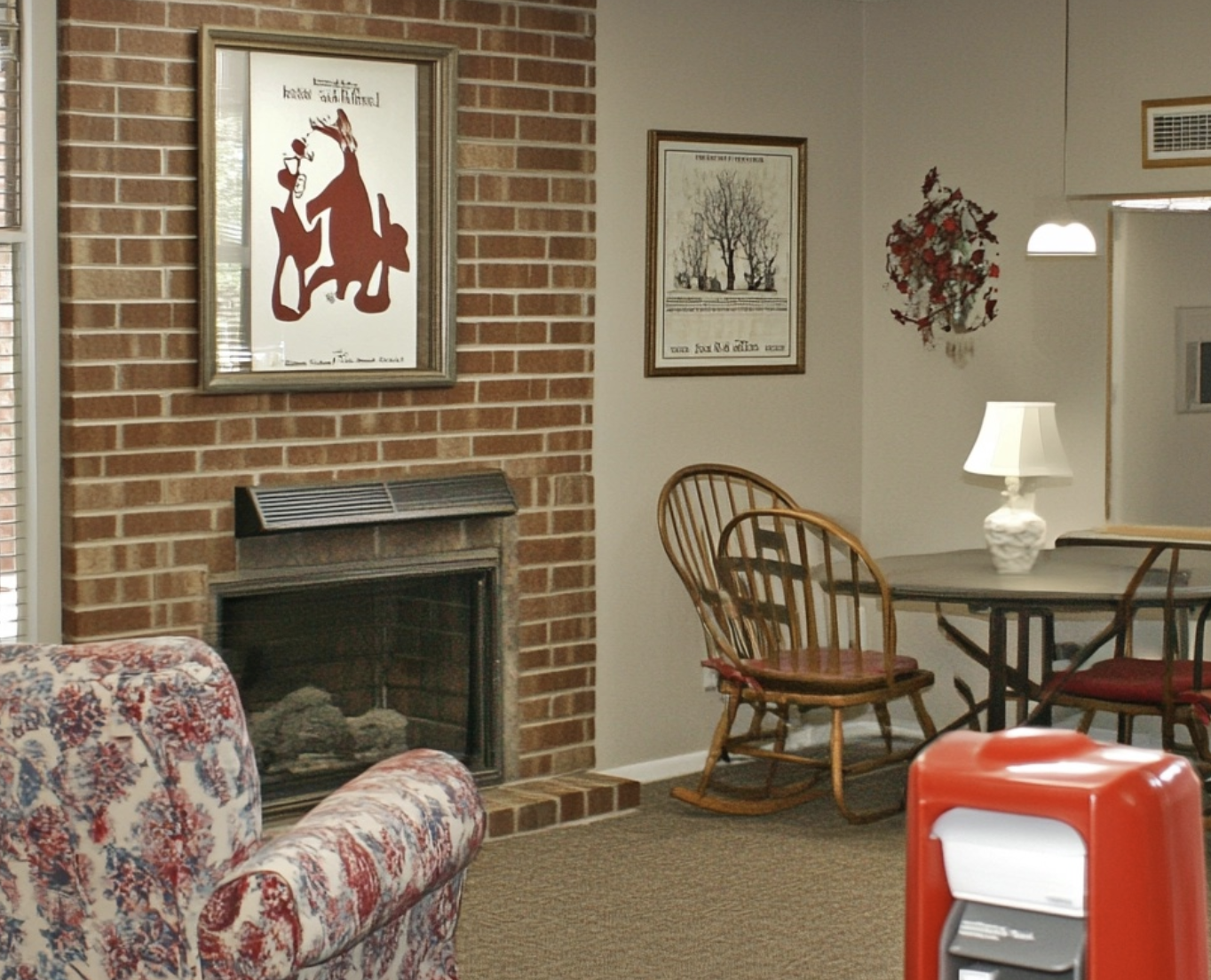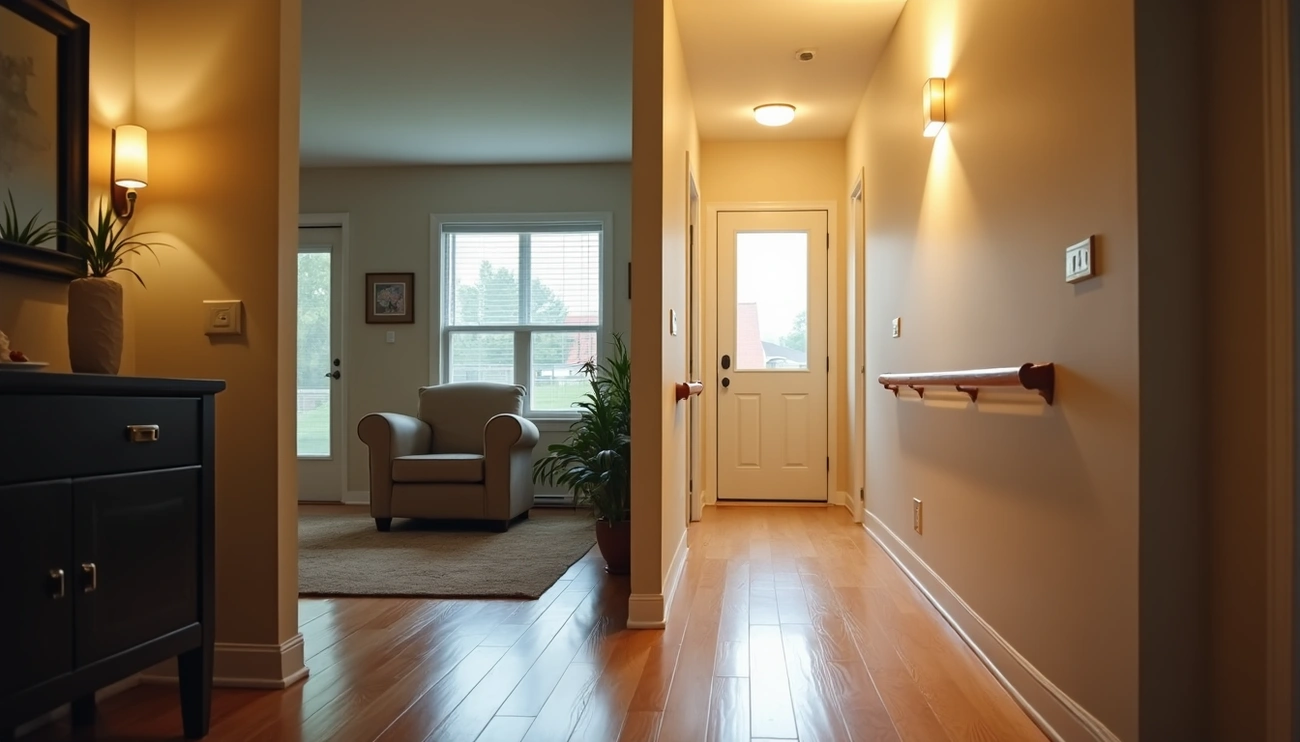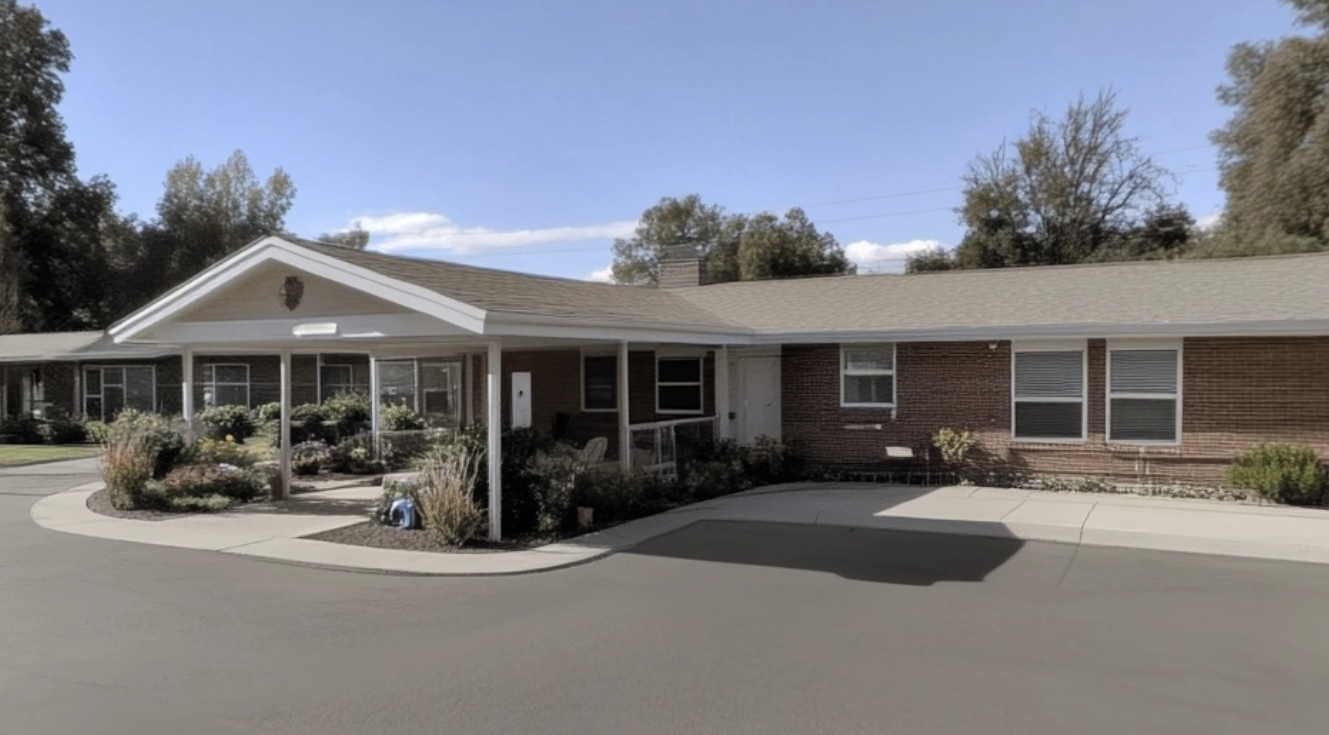Senior loneliness affects up to 43% of adults over 60, data shows
Loneliness among seniors has become a significant health crisis with limited public recognition. Between 19% and 43% of adults over 60 experience loneliness, while more than 2 million people in England over age 75 live alone. One in four older people worldwide face social isolation, with 5-15% of adolescents also experiencing loneliness.
Experts distinguish between loneliness and social isolation as separate issues. Loneliness represents the subjective feeling of being alone, while social isolation is a measurable lack of social contact. A person might feel lonely despite regular social interaction or choose isolation without experiencing loneliness.
The health impacts are substantial. Research shows prolonged loneliness creates premature death risks comparable to smoking, obesity, and physical inactivity. It increases heart disease likelihood by 29%, stroke risk by 32%, and dementia risk by up to 64%. Psychological effects are equally serious—lonely seniors have a 59% higher risk of physical and mental health decline.
This creates a problematic cycle where loneliness worsens physical and mental health, further limiting social participation. Chronic loneliness also alters stress hormone patterns, increasing inflammation and reducing immunity in older adults.
Multiple factors contribute to senior isolation:
- Death of spouses and friends
- Limited mobility and transportation challenges
- Chronic health conditions and functional impairments
- Hearing loss and sensory impairment
- Living alone or being geographically distant from family
Studies reveal more than one million older people report going over a month without speaking to any friend, neighbor, or family member. Research also indicates social isolation can trigger the same brain pathways as physical pain.
Understanding these risk factors is critical when considering interventions like support groups for lonely seniors. These groups directly address the cyclical relationship between loneliness and declining health.
Support groups reduce isolation through peer connections, research finds
Support groups function as effective tools for building connections among isolated seniors. These gatherings provide environments where older adults share experiences with peers who understand their challenges, creating a sense of belonging.
Research attributes the effectiveness of these groups to their cohesion—the connections members establish during shared activities. This cohesion fosters acceptance that helps seniors develop new identities and improve self-worth, benefiting both physical and mental health.
Support groups show clear effectiveness by helping seniors recognize their struggles aren’t unique, significantly reducing isolation feelings. When members share personal stories, they form emotional bonds validating their experiences. These connections prove valuable since older adults maintaining solid community relationships live 5 years longer on average than those without such connections.
The groups provide practical benefits beyond emotional support. Members exchange coping strategies, health management approaches, and resource information. In one case, when a woman expressed loneliness after relocating closer to family, another participant immediately shared contact information with a note saying “I will be your friend. Call me”.
Group facilitators serve essential roles by guiding discussions, providing accurate information, maintaining group dynamics, and promoting effective communication among participants. They create structured settings where seniors gradually build confidence and form new relationships.
These connections often extend beyond formal meetings. One facilitator noted, “Lots of times people go out and kibitz with each other in the parking lot and visit. Sometimes having an avenue where people can connect is so helpful”. These casual interactions frequently develop into friendships providing ongoing support outside the organized group setting.
Most senior support groups are free, with multiple location options available
Finding an appropriate support group represents a key step in addressing senior loneliness, with approximately 95% of these resources available at no cost. Several local options exist in most communities and online platforms.
Local venues offering senior support groups include:
- Hospitals and medical centers (often host condition-specific groups)
- Community centers and libraries (provide social and recreational options)
- Religious organizations (offer emotional and spiritual support)
- Senior centers (dedicated spaces with various group options)
- Faith institutions and social service agencies
The format choice between in-person and virtual meetings affects the experience significantly. Face-to-face gatherings create immediate personal connections despite potential transportation barriers. Online groups eliminate travel requirements while typically reaching more people with specific needs.
When selecting support groups for lonely seniors, the focus area matters considerably. Some groups concentrate on specific health conditions like dementia or cancer, while others connect people in similar life situations, such as widowed seniors.
Meeting structure varies between groups. Some feature educational presentations, while others emphasize informal sharing and discussion. Group size influences the experience—smaller gatherings provide intimacy while larger ones offer diverse perspectives.
“Support groups are unique. They have personalities,” according to one expert. This observation highlights why persistence matters if initial experiences prove disappointing. Attending multiple different meetings helps identify which environment feels most comfortable.
Effective support groups create safe environments where seniors express themselves without judgment. Many participants report that knowing they aren’t alone makes “a world of difference” in building connections.
Professional organizations can assist in locating appropriate community support groups for elderly individuals. The Eldercare Locator service connects seniors to local resources through a single phone call.
Support groups show measurable benefits for isolated seniors despite challenges
Support groups provide effective solutions for senior loneliness beyond casual social interaction, data shows. While finding appropriate groups requires effort, research indicates the benefits justify the investment. Statistics highlight concerning levels of elderly isolation, but these community-based approaches deliver measurable improvements in seniors’ quality of life.
Research confirms support groups help participants achieve longer, healthier lives through meaningful connections. These gatherings facilitate lasting friendships, provide access to valuable resources, and build confidence within secure, understanding environments.
The format—whether through community centers, religious organizations, or online platforms—matters less than taking the initial step toward participation. These groups effectively address both emotional and practical aspects of senior isolation, creating positive connection cycles that influence multiple life areas.
Health outcomes directly improve when seniors participate in these groups. Older adults maintaining solid community connections live 5 years longer on average than their isolated counterparts. Additionally, regular social engagement reduces risks of conditions like heart disease, stroke, and dementia.
Seniors experiencing loneliness—and those concerned about isolated loved ones—have multiple options for addressing social disconnection. While aging inevitably brings life changes, isolation doesn’t need to accompany this journey. Through structured support groups, older adults frequently rediscover purpose and meaningful human connection.
FAQs
Q1. How can support groups benefit lonely seniors? Support groups provide a safe environment for seniors to connect with peers, share experiences, and access valuable resources. They help reduce feelings of isolation, improve mental health, and can even contribute to longer, healthier lives through meaningful social connections.
Q2. What makes support groups effective for addressing loneliness in the elderly? Support groups are effective because they offer a common purpose and understanding among members. They provide emotional support, practical advice, and opportunities for friendship. The shared experiences and group cohesion help seniors develop new identities and enhance their sense of self-worth.
Q3. How do I find the right support group for a lonely senior? Start by considering local options such as community centers, libraries, or senior centers. Decide between in-person or online meetings based on preference and accessibility. Evaluate the group’s focus, size, and structure to find the best fit. Don’t hesitate to try several groups to find the most comfortable environment.
Q4. What are some immediate steps to help an elderly person combat loneliness? Encourage regular social interactions through phone calls or visits. Help them engage in community activities or volunteer work. Assist in learning new technologies for online connections. Most importantly, provide a listening ear and emotional support to make them feel valued and understood.
Q5. Can joining a support group really improve a senior’s health? Yes, participating in support groups can have significant health benefits for seniors. Research shows that maintaining strong community connections can help seniors live up to 5 years longer. Support groups can also reduce the risk of mental health decline, heart disease, and other health issues associated with loneliness and social isolation.




